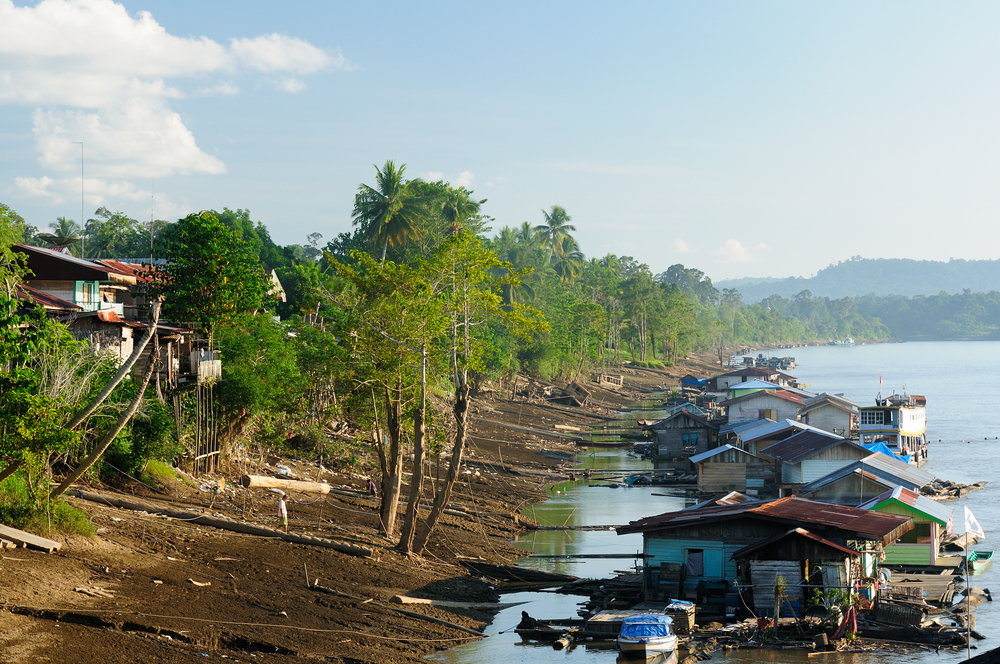Land prices ‘rising’ in Indonesia’s purported new capital
Government still owns wide swathes of land in East Kalimantan though

Developers and investors are homing in on swathes of land in Borneo as government plans to move the Indonesian capital away from congested Jakarta gain traction.
Land prices in East Kalimantan province, purported site of the new capital, are “rising already,” Association of Indonesian Real Estate Companies chairman Soelaeman Soemawinata was quoted as saying by the South China Morning Post.
“We must set developers and speculators apart. Speculators do not develop anything as they just wait until land prices increase, and then sell. Developers expect the government to secure the land, which can be developed by them.”
More: Inside Indonesia’s struggle to move its capital
While the government still controls 180,000 hectares of land in the area being publicised as the new capital, private developers have capitalised on the plans nonetheless. PT PP Properti announced it would develop about 500 hectares in East Kalimantan, while PT Agung Podomoro Land marketed a project in Balikpapan as being just “20 minutes” from the new capital, the Post noted.
President Joko Widodo announced he would rely on private and public partners to bear about 80 percent of the cost of relocating the capital. The endeavor is likely to cost around IDR466 trillion (USD33 billion), equivalent to developing 40,000 hectares of land that can settle 1.5 million people.
State-run builder PT Wijaya Karya Persero has announced its willingness to take the lead in a wide variety of infrastructural works, including roads, gas, and utilities.
Recommended
Why everyone is moving to Selangor and Johor: Malaysia’s real estate comeback
Malaysia’s upturn in fortunes is especially prevalent in secondary destinations such as Selangor and Johor
Penang’s silicon boom: How the US-China tech war is supercharging local real estate
Penang’s booming semiconductor industry has created ripples within the local real estate sector
New leader, new opportunities: How Hun Manet is shaking up Cambodia’s real estate game
Hun Manet is overseeing decent economic growth and widening access to the country’s real estate market for foreigners
Singapore embraces inclusive housing reforms amid resilient demand
The Lion City’s regulatory strength continues to exert appeal for international investors








